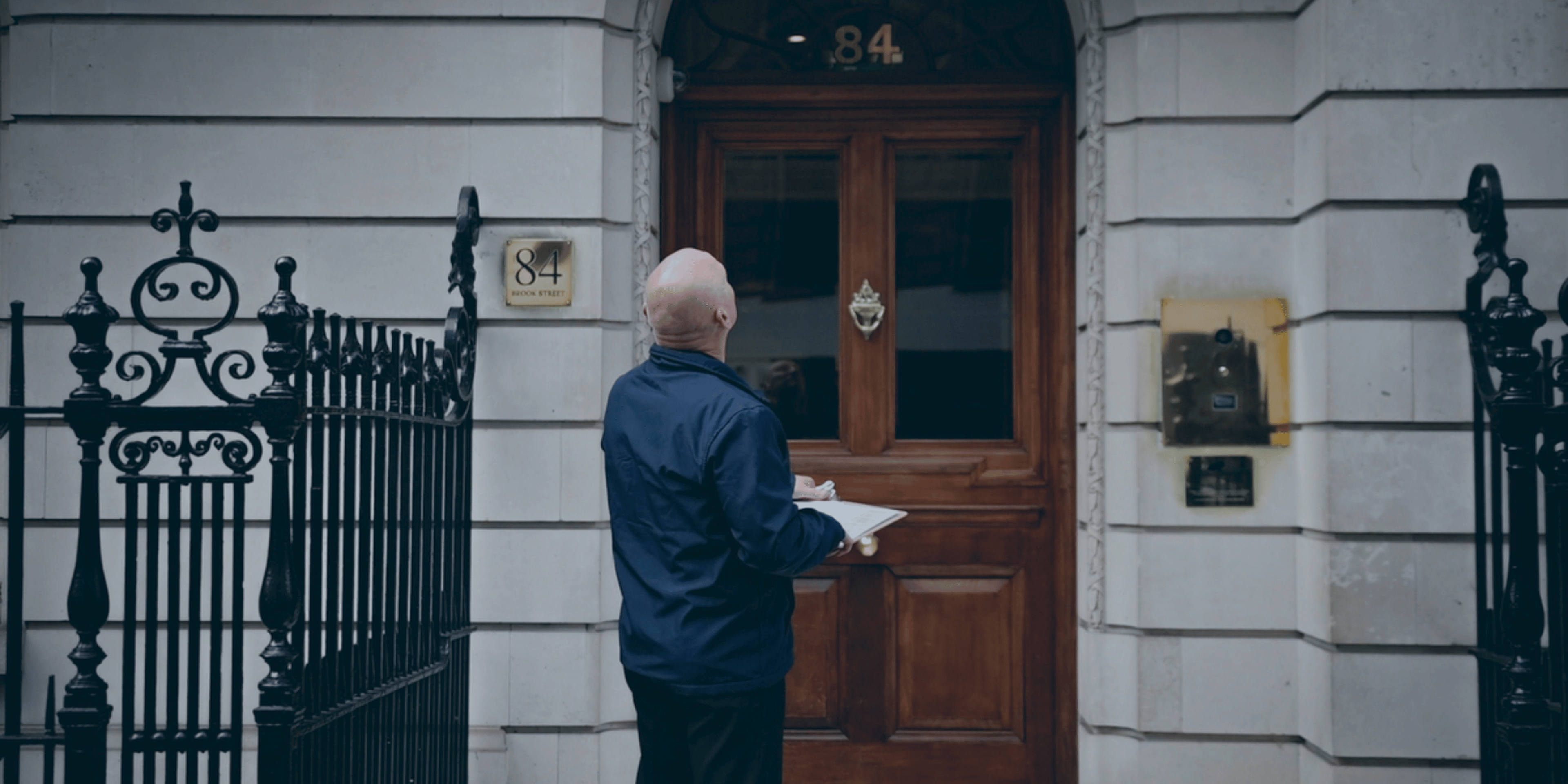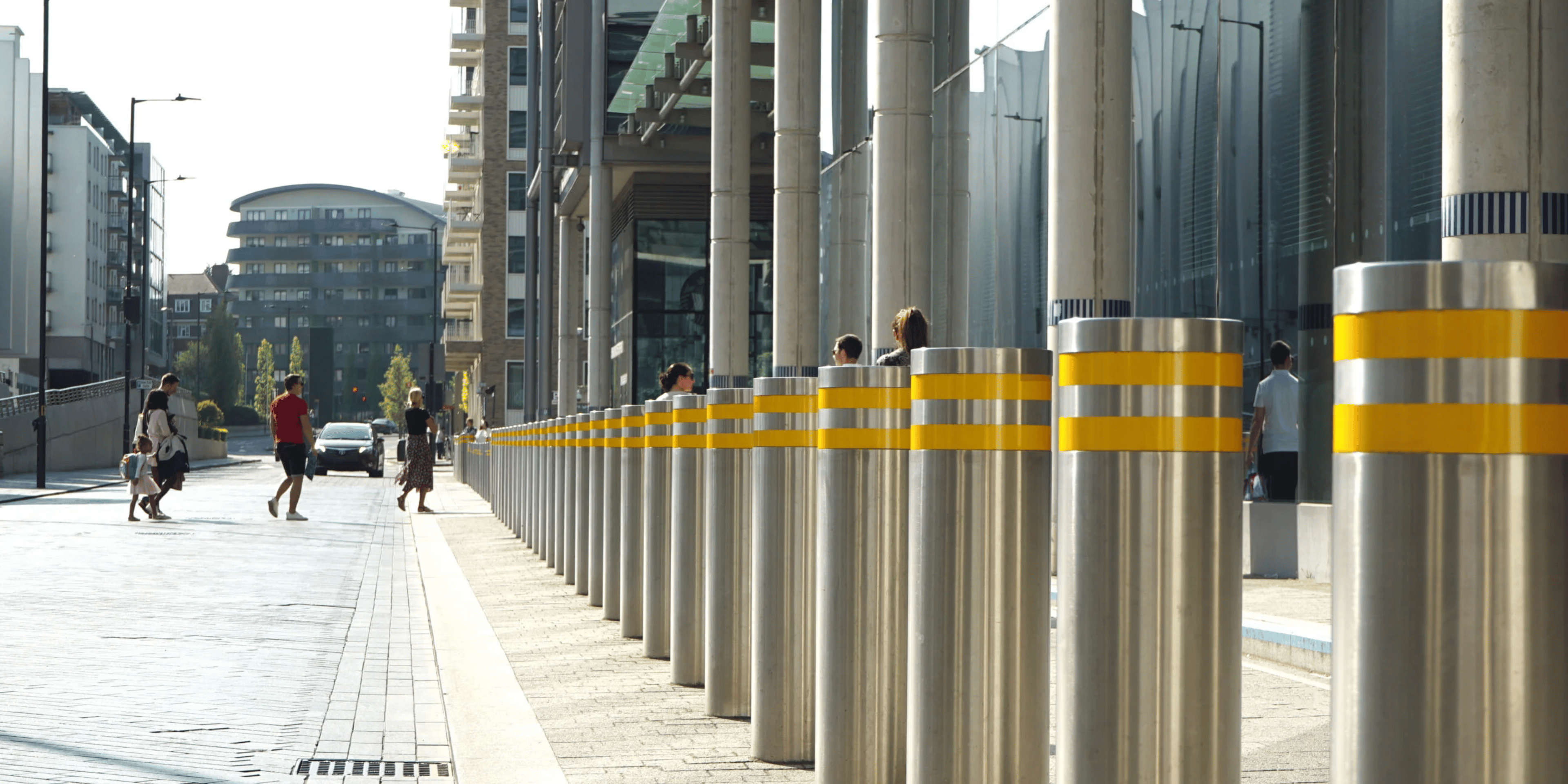
Understanding the Role of a Dog Handler in the UK Security Sector
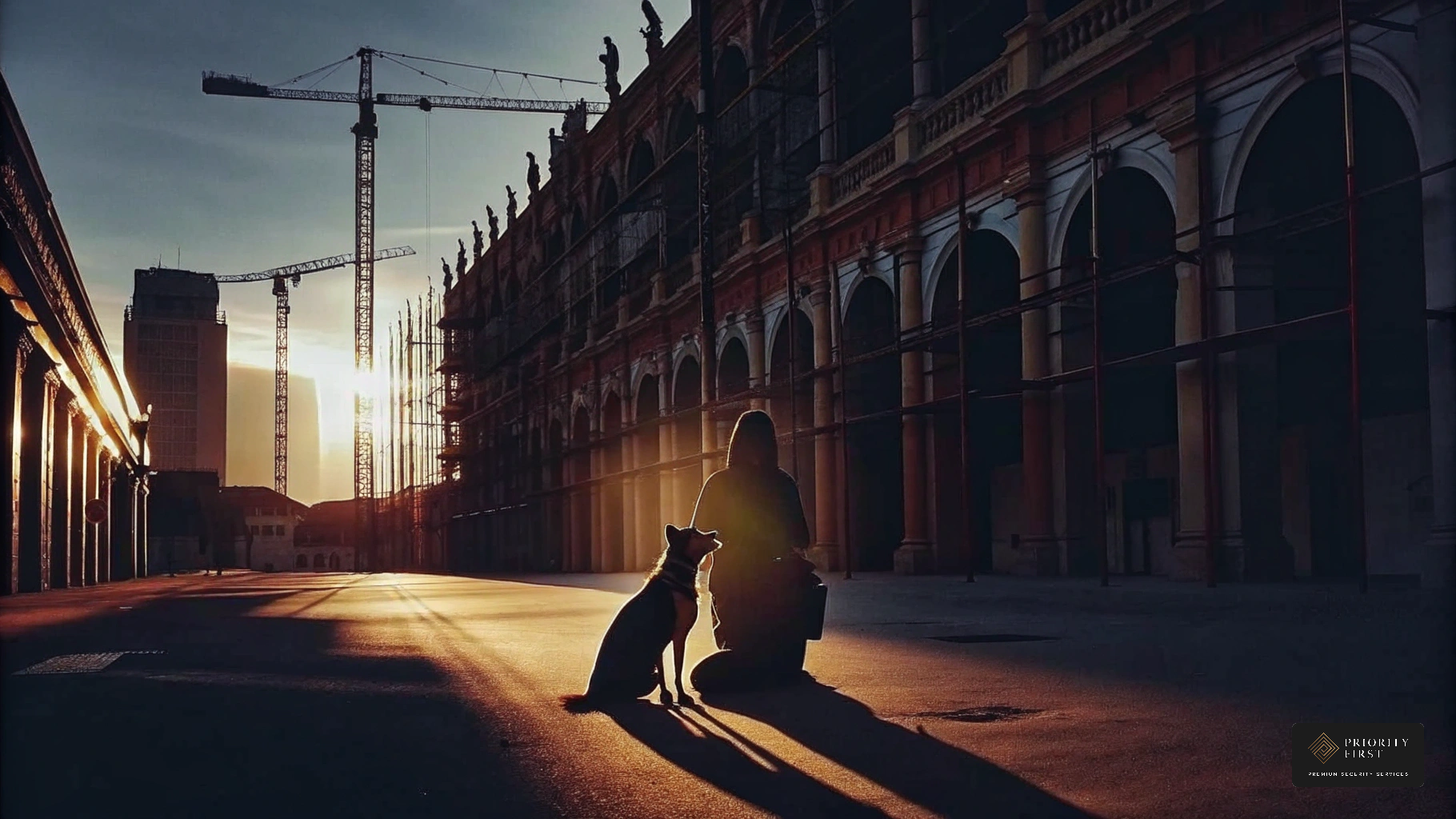
Overview
The role of a dog handler in the UK security sector is vital for enhancing safety and preventing criminal activity through collaboration with specially trained dogs. Their presence reduces break-ins by approximately 25%, which translates into significant financial savings for businesses. This statistic underscores the importance of proactive security measures in high-risk environments, such as construction sites, where the potential for theft and disruption is considerable.
Ignoring the need for trained canine security can lead to dire consequences for businesses, including financial losses, operational disruptions, and reputational damage. The reality is that construction theft costs UK businesses over £1 million a week, a figure that highlights the urgency of addressing security challenges effectively.
In practise, the integration of dog handlers into security protocols not only bolsters threat detection and response capabilities but also fosters a safer working environment. Priority First offers a pragmatic solution, positioning itself as a trusted partner in security management rather than a mere service provider. Their expertise ensures that businesses can focus on their core operations while knowing that their premises are safeguarded.
The lesson is clear: investing in security measures today can prevent greater losses tomorrow. By prioritising the role of dog handlers, businesses can enhance their resilience against potential threats, ultimately safeguarding their assets and ensuring continuity.
Introduction
In the UK, the partnership between dog handlers and their canine counterparts represents a critical element of security strategy across various environments. These professionals not only bolster physical security but also serve as a psychological deterrent against potential threats, making them essential in high-risk areas such as construction sites and public events. The reality is that their effectiveness hinges on specific skills and responsibilities that define their role within a comprehensive security framework.
For businesses, this partnership signifies more than just an added layer of protection; it underscores a vital aspect of operational resilience. Ignoring the complexities of security can lead to significant financial implications, operational disruptions, and reputational damage. The lesson is clear: investing in skilled dog handlers is not merely a cost but a strategic decision that safeguards assets and ensures business continuity.
Priority First stands as a pragmatic solution in this landscape, providing expertise in canine security that aligns with the pressing needs of modern enterprises. By prioritising security measures, businesses can prevent greater losses and foster a safer environment for their operations.
Define Dog Handler: Role and Importance in the UK
In the UK protection field, a dog handler UK serves as a highly skilled expert, collaborating with specially trained dogs to bolster safety protocols. This partnership enhances their ability to identify threats, prevent criminal activity, and assist in various protective operations. Dog trainers are integral to safety teams, providing a crucial layer of protection in environments such as construction sites, corporate offices, and public events. The presence of a dog trainer and their canine companion not only increases physical safety but also acts as a strong psychological deterrent against potential intruders.
Research indicates that locations employing guard canines experience approximately 25% fewer break-ins compared to those relying solely on human monitors or surveillance systems. This significant reduction underscores the vital role of dog trainers in fostering a safer atmosphere, instilling a sense of security among employees, and allowing them to focus on their responsibilities without the constant worry of potential threats. Furthermore, the synergy between trainers and dogs is essential for effective protective strategies, enhancing risk identification and response capabilities, thereby establishing them as indispensable resources in the evolving security landscape.
To further support dog handler UK professionals, Priority First offers comprehensive 24/7 CCTV monitoring services that seamlessly integrate with existing surveillance systems. This service ensures that properties are under constant observation, facilitating real-time threat detection and prompt responses to any unusual activity. The combination of canine and technological assets provides a tailored protective solution that enhances overall safety for construction sites and other vulnerable locations. The adaptability of canine protection allows dogs to respond to various situations, further augmenting their role in comprehensive safety operations.
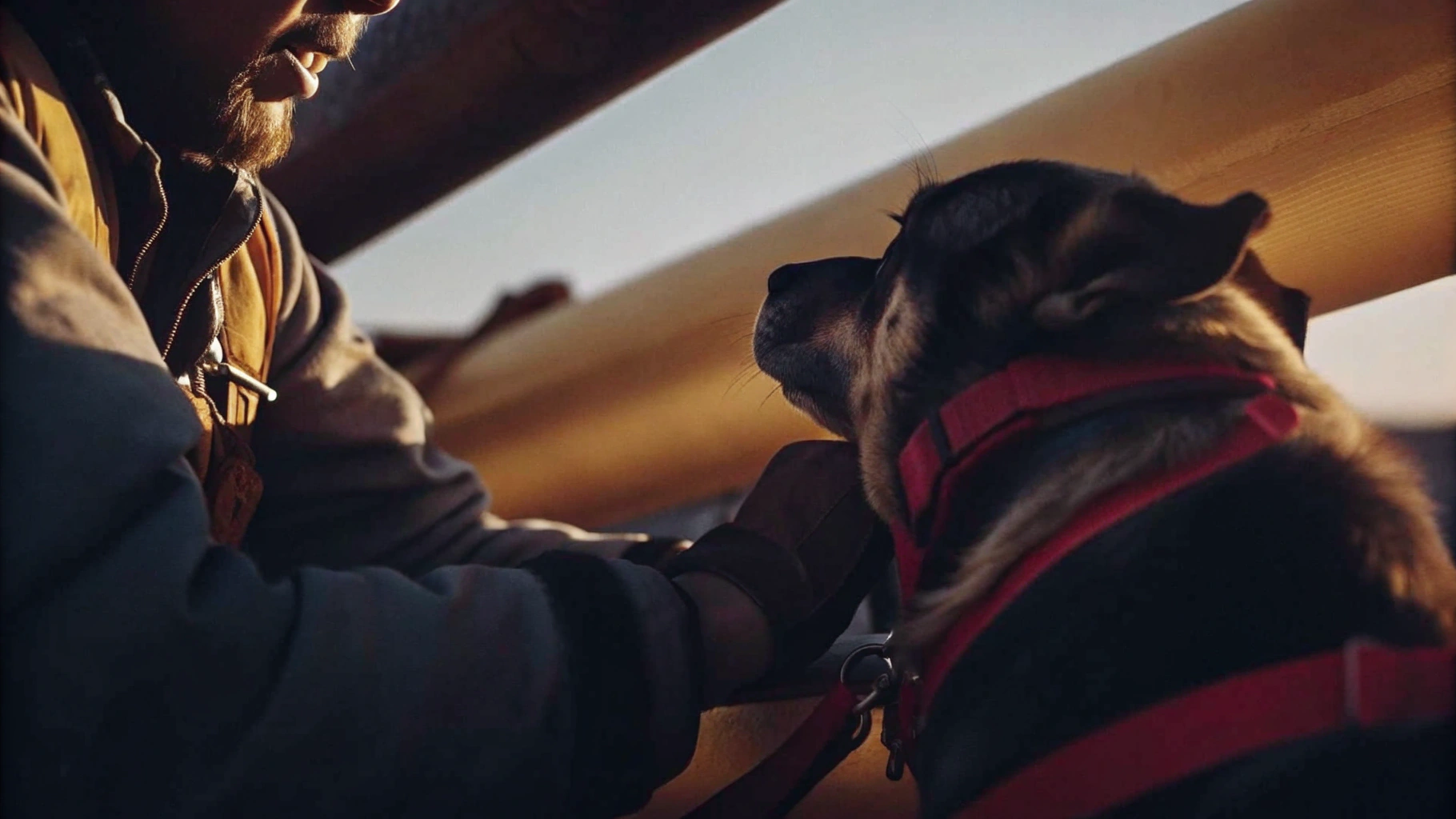
Outline Responsibilities: Daily Tasks and Duties of a Dog Handler
In the UK protection sector, dog handlers UK play a critical role in maintaining security across various environments, particularly in high-risk areas like construction sites and multi-use complexes. Their responsibilities encompass a range of activities designed to mitigate risks and enhance safety.
-
Patrolling is a fundamental duty, involving regular surveillance of designated areas to identify suspicious activity. This proactive approach is essential for preventing unauthorised access, especially in busy construction zones where a mix of residential and commercial occupants can present unique challenges.
-
Search Operations leverage the remarkable olfactory capabilities of trained canines, which are believed to be thousands of times more sensitive than those of humans. These dogs assist in searches for drugs, explosives, or missing persons, underscoring their vital contribution to public safety and law enforcement.
-
Training and Care are ongoing commitments for handlers, ensuring their dogs remain physically fit and mentally stimulated. This dedication is crucial for maintaining the animals' readiness for their tasks and fostering a strong bond between handler and dog, which is essential for effective communication and collaboration during protective operations.
-
Incident Response is another key responsibility, where handlers must act swiftly to safety incidents, utilising their canines to apprehend suspects or avert potential threats. The presence of trained canine units serves as a significant deterrent, bolstering the effectiveness of the response team. This is particularly important in environments managed by Priority First, where comprehensive protective measures, including key holding and alarm response, are in place.
-
Collaboration with other security personnel and law enforcement agencies is vital for coordinating efforts and sharing intelligence. This teamwork is essential for a holistic protection strategy, especially in complex environments where logistical coordination and facility management are critical for seamless operations.
These responsibilities illustrate the multifaceted role of dog handlers UK in ensuring security and safety, particularly in high-risk settings like construction sites. Furthermore, the physical demands of the job necessitate that handlers maintain a good level of fitness to effectively execute their duties.
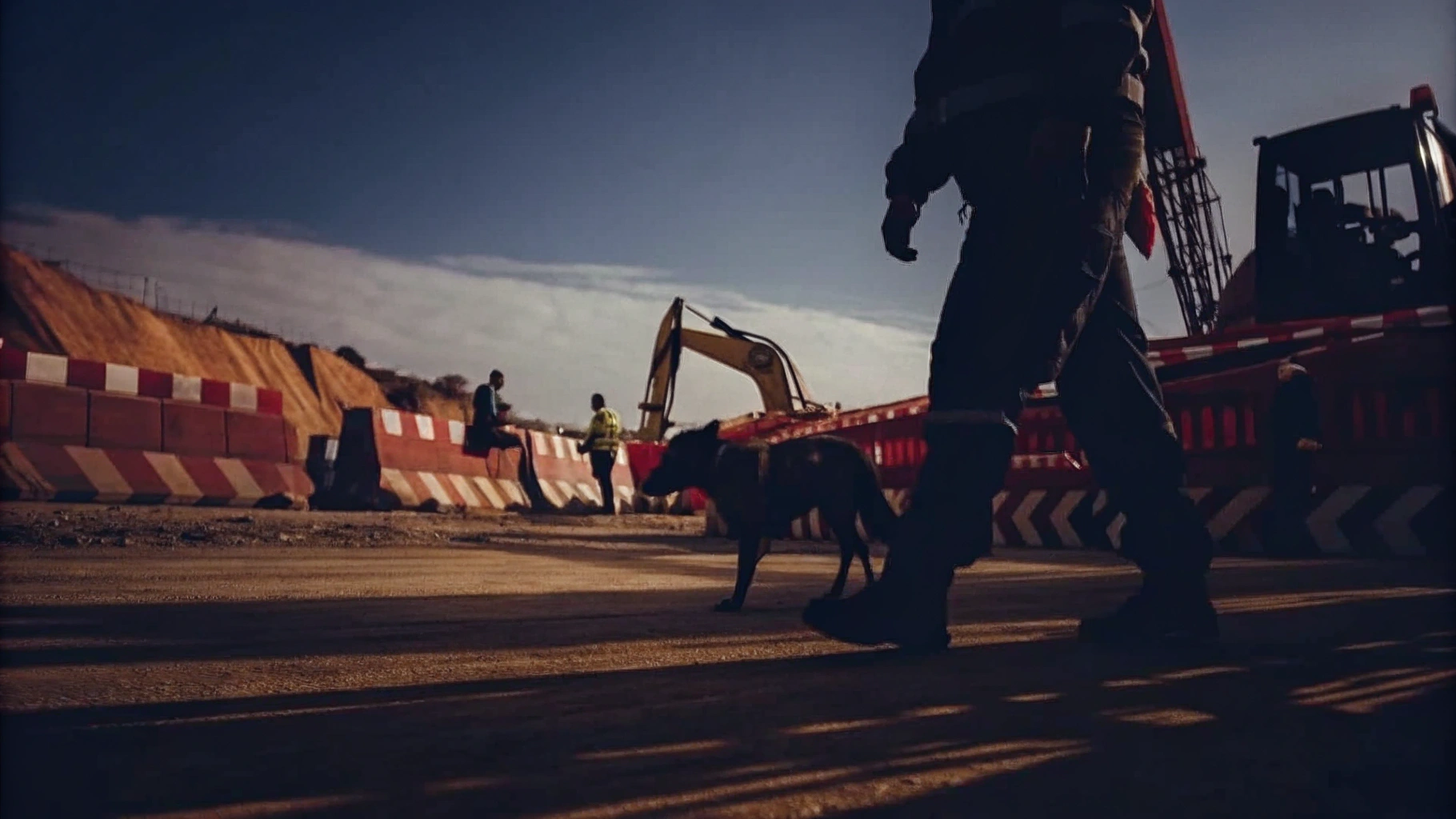
Identify Key Skills: Essential Competencies for Dog Handlers
To excel in their roles, dog handlers must cultivate a distinct set of skills and competencies, which include:
- Canine Handling Skills: A comprehensive understanding of canine behaviour and effective training techniques is vital for managing and working with dogs successfully.
- Physical Fitness: Sustaining a high level of physical fitness is essential for canine trainers to keep up with their animals during patrols and respond effectively in emergencies. The physically demanding nature of the job requires workers to be prepared for outdoor tasks in various weather conditions.
- Communication Skills: Proficient verbal and non-verbal communication abilities are essential for coordinating with team members and issuing commands to their pets.
- Problem-Solving Abilities: The capacity to quickly assess situations and make informed decisions is critical, particularly in high-pressure environments.
- Patience and Empathy: Working with animals necessitates patience and an understanding of their needs, fostering a strong bond between the caregiver and dog.
- Health and Welfare Responsibilities: Handlers are responsible for ensuring the health, nutrition, exercise, and overall welfare of K9 working canines, which is essential for their effectiveness in protective operations.
- Calmness Under Pressure: Maintaining composure in stressful scenarios is essential for personal safety and to prevent agitation in canines, enabling individuals to manage potentially volatile encounters effectively.
- Legal Compliance: Understanding and following legal regulations governing the use of K9 protection dogs is a significant facet of a user's responsibilities.
These skills not only improve the efficiency of canine trainers but also greatly aid in the overall success of protective operations. Training programmes for dog handlers in the UK concentrate on these areas, ensuring caregivers are well-prepared to meet the demands of their roles, with examples including specialised courses that cover obedience, scent detection, tracking, and apprehension.
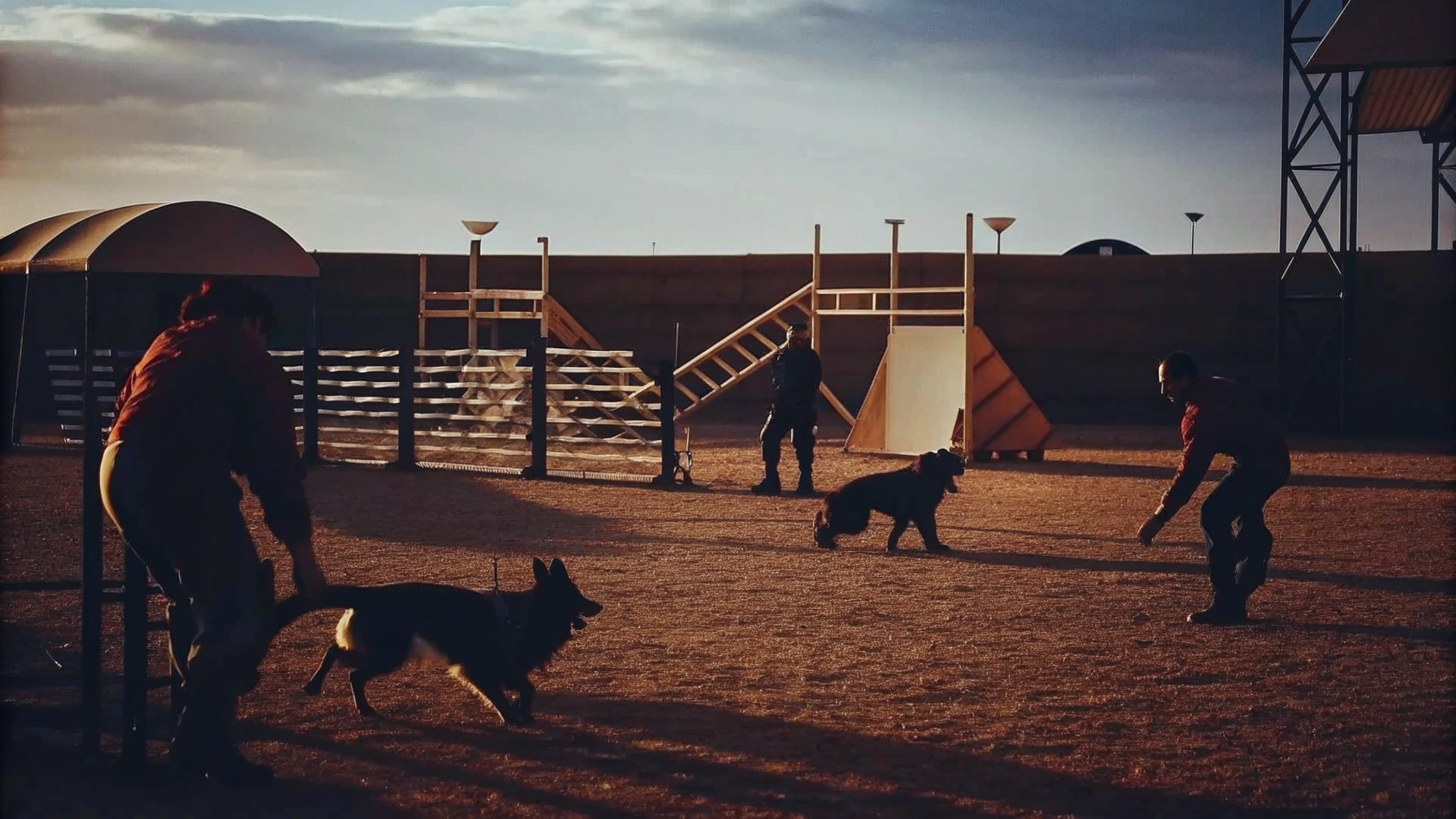
The Impact of Dog Handlers on Security Operations
The presence of dog handlers significantly enhances security operations in several impactful ways:
-
The visibility of trained dogs and their handlers serves as a formidable deterrent against criminal activity, leading to a reduction in theft and vandalism. Areas with guard dogs encounter roughly 25% fewer break-ins than those lacking, demonstrating their efficiency in deterring unlawful conduct.
-
Dogs possess extraordinary sensory capabilities, enabling them to detect substances and individuals that may elude human security personnel. Their keen sense of smell, thousands of times more sensitive than that of humans, enables them to recognise explosives, narcotics, and other contraband, significantly enhancing overall detection capabilities. This detection ability complements CCTV monitoring by providing real-time assessments of potential threats.
-
In urgent situations, canine trainers can quickly deploy their animals to aid in capturing suspects or controlling crowds. This rapid response capability is crucial in maintaining order during security breaches, as dogs can navigate through crowds or confined spaces effectively, minimising potential risks. Their presence enhances the effectiveness of alarm response services by providing immediate support in critical situations.
-
The presence of dog trainers fosters a sense of safety and trust within communities. Handlers are often viewed as approachable figures who contribute positively to public safety, enhancing community relations and encouraging cooperation. Frequent engagements between facilitators and community members aid in dispelling misunderstandings and fostering a culture of safety awareness.
Overall, the role of a dog handler in the UK is vital in creating secure environments, particularly in sectors such as construction, where the protection of assets and personnel is paramount. Their distinct skills, along with efficient communication and collaboration, guarantee a thorough protection strategy that tackles diverse challenges. Furthermore, integrating dog handlers with services like key holding, CCTV monitoring, and alarm response from Priority First enhances operational safety and legal compliance, reinforcing the security framework essential for construction sites.
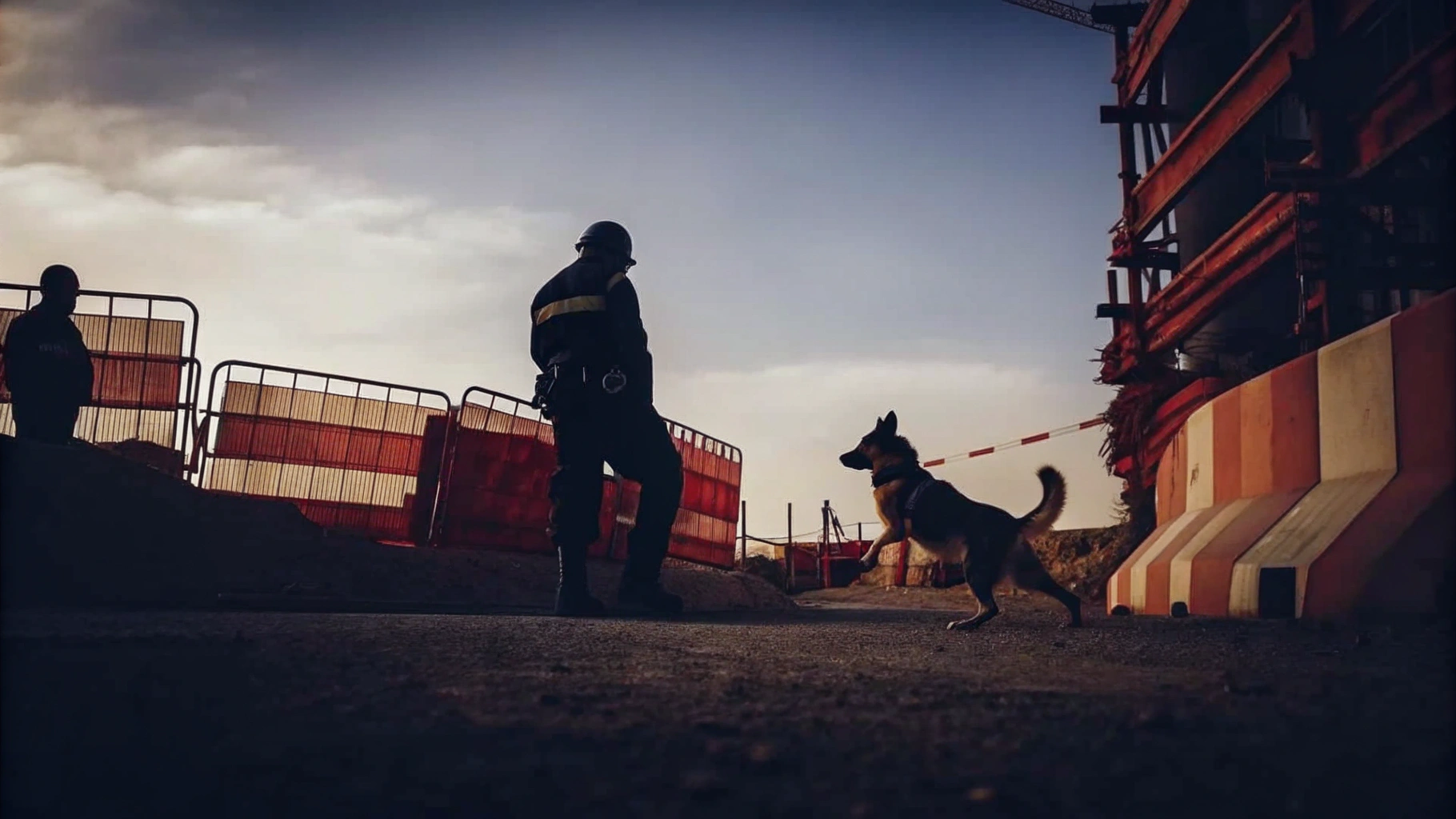
Conclusion
The role of a dog handler in the UK security sector is a critical component of enhancing safety and security across various environments. By leveraging their unique skills alongside the natural abilities of trained dogs, handlers play a significant role in preventing crime and protecting assets and individuals. This collaboration establishes a robust line of defence that is effective and reassuring, highlighting the importance of dog handlers in contemporary security operations.
The multifaceted responsibilities of dog handlers encompass:
- Patrolling
- Search operations
- Incident response
- Collaboration with other security personnel
Their essential competencies—canine handling skills, physical fitness, and calmness under pressure—equip them to effectively tackle diverse challenges. The notable reduction in break-ins and improved detection capabilities provided by trained dogs further illustrate the profound impact these professionals have on maintaining safety in high-risk areas.
Ultimately, the presence of dog handlers fosters a culture of safety and trust within communities, reinforcing the necessity of their roles in the security landscape. As the demand for effective protective measures continues to grow, investing in the training and development of dog handlers becomes crucial. Embracing this vital aspect of security not only enhances operational effectiveness but also contributes to a safer environment for all involved.
Frequently Asked Questions
What is the role of a dog handler in the UK?
A dog handler in the UK is a highly skilled expert who collaborates with specially trained dogs to enhance safety protocols, identify threats, prevent criminal activity, and assist in protective operations.
How do dog handlers contribute to safety in various environments?
Dog handlers are integral to safety teams in environments such as construction sites, corporate offices, and public events, providing a crucial layer of protection and acting as a psychological deterrent against potential intruders.
What impact do guard canines have on break-ins?
Research indicates that locations employing guard canines experience approximately 25% fewer break-ins compared to those relying solely on human monitors or surveillance systems.
How do dog handlers enhance risk identification and response capabilities?
The synergy between dog handlers and their canine companions is essential for effective protective strategies, which enhances their ability to identify risks and respond to threats.
What additional services support dog handler professionals in the UK?
Priority First offers comprehensive 24/7 CCTV monitoring services that integrate with existing surveillance systems to provide constant observation and real-time threat detection.
How do canine protection and technology work together?
The combination of canine protection and technological assets creates a tailored protective solution that enhances overall safety for vulnerable locations, such as construction sites.


